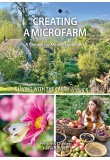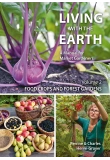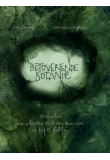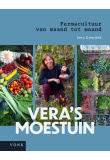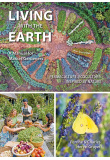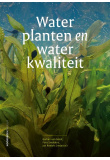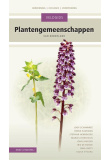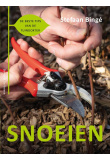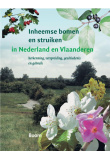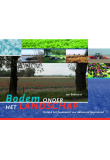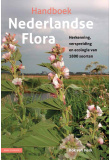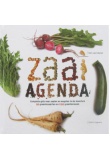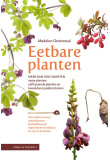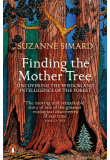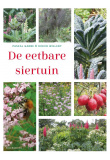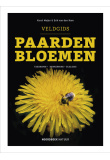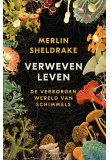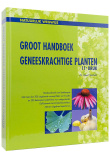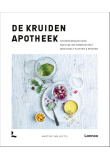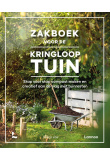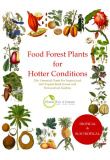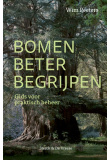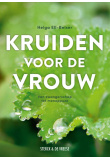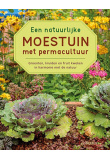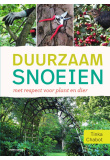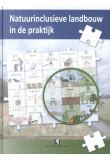- Beschrijving
- Specificaties
Increasing interest in food forests or woodland gardens reflects a growing awareness that permanent mixed plantings are inherently more sustainable than annual monocultures. They can safeguard and enrich soil ecosystems, enable plants to form mutually beneficial combinations, utilise layers both in the soil and above ground, and create benign microclimates which soften winds and recycle rain. Shrubs have an important role in food forests, occupying the highly productive layer between the canopy and the ground. Also, as perennial woody plants, shrubs help to draw down and store carbon from the atmosphere, a vital function to help combat damaging climate change.
Edible Shrubs provides detailed information, attractively presented, on over 70 shrub species. They have been selected to provide a mix of different plant sizes and growing conditions. Most provide delicious and nutritious fruit, but many also have edible leaves, seeds, flowers, stems or roots, or they yield edible or useful oil. The information here is based on practical experience and observation, and from a wide range of reputable sources. For each entry, the descriptive text is augmented by summary information panels covering various attributes such as natural habitat, preferred soils, nutritional value, and potential uses within woodland garden designs.
We have included some more unusual species that may not be known to growers interested in a wider variety of food crops, or in more resilient designs for their plots. This book also has a quick reference table of the key characteristics of over 400 other perennials to help readers identify plants to meet specific requirements. Further details of all the plants described here are available from the PFAF Plants Database, which can be accessed free of charge at pfaf.org.
| Authored by Plants For A Future | |
| 978-1791954949 | |
| Engels | |
| 2019 | |
| full colour | |
| 86 | |
| paperback |

